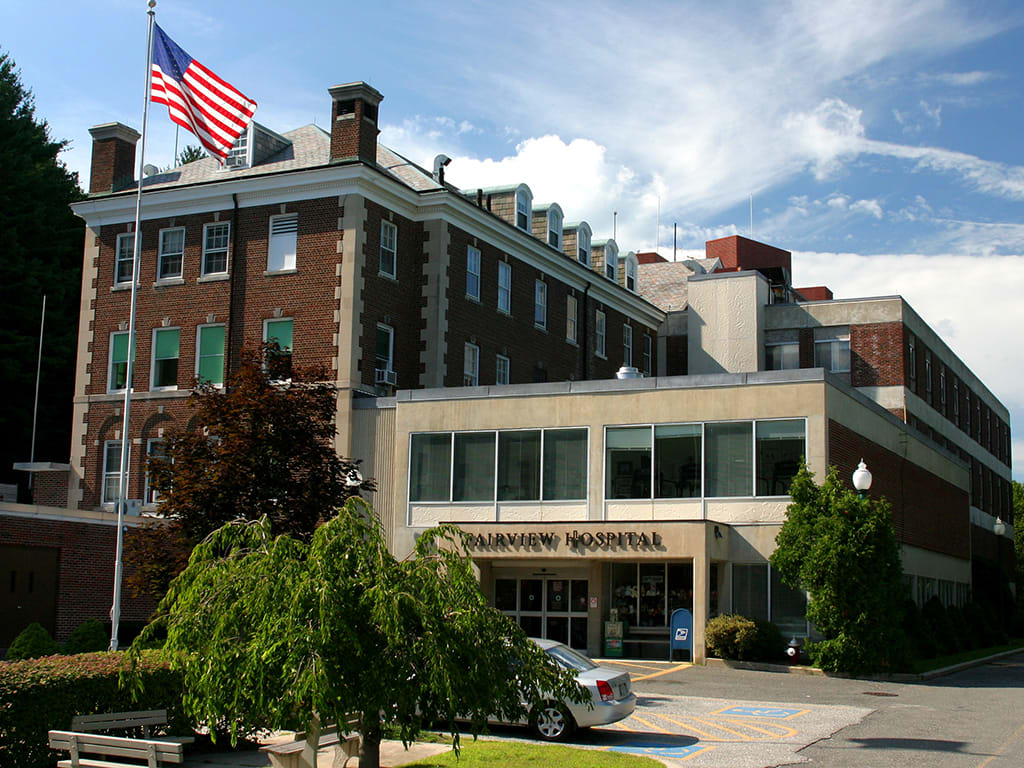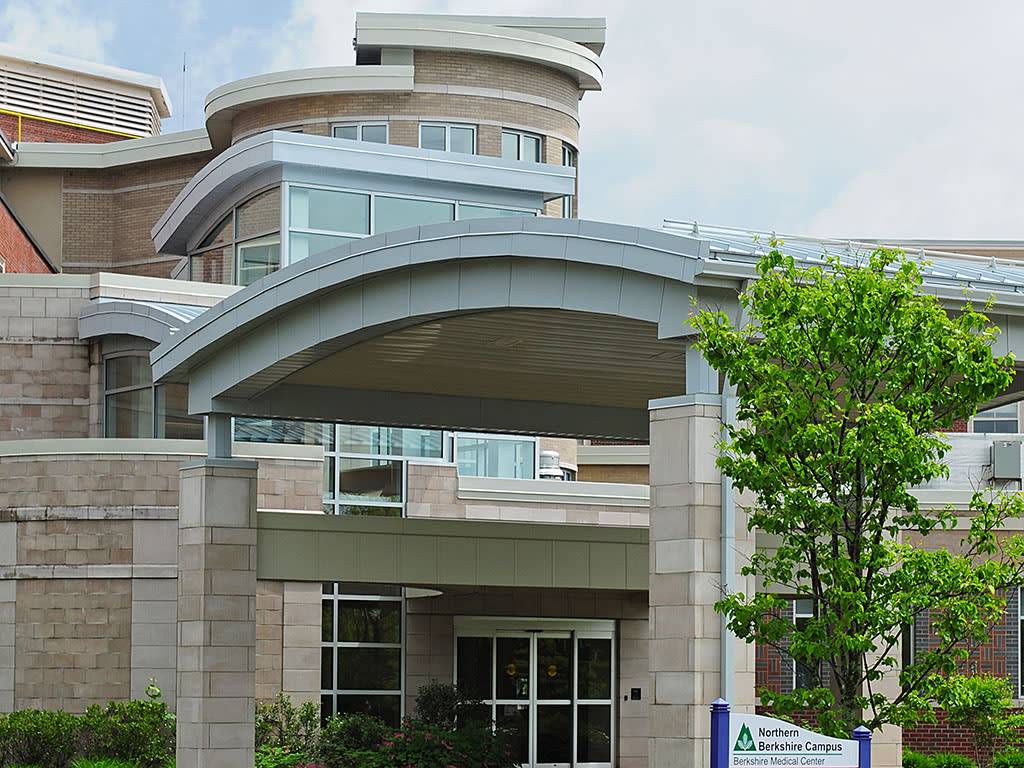COVID FAQs


Frequently Asked COVID-19 Questions
01
I’m not feeling well. What should I do?
If you have symptoms of COVID-19 (including fever, body aches, cough, sore throat, stuffy nose, and shortness of breath), you should get tested, either with an at-home rapid antigen test or a PCR test.
02
How do I get tested?
At-home tests are available through the federal government at covidtests.gov or at your local pharmacy.
03
What should I do while I wait for my test results?
Stay home and isolate.
04
I tested positive on an at-home test. What should I do?
You should assume that you have COVID-19. Notify your close contacts, rest, isolate, and drink lots of fluids. Regardless of how you are feeling, please call your primary care provider to discuss treatment options with them. The existing treatments for COVID-19 are most effective when administered early in the course of the virus, so please reach out as soon as you receive your results.
05
Am I at high risk for severe COVID-19?
You are considered high-risk if you are over the age of 65, currently pregnant, unvaccinated or partially vaccinated, undergoing treatment for cancer, currently taking medications for an organ transplant, or taking immunosuppressant medications. Other high-risk conditions include chronic lung, kidney, or liver disease; diabetes; HIV; and obesity.
06
How long should I isolate for?
If you tested positive for COVID-19, you should isolate following the guidelines from the CDC and the Massachusetts Department of Public Health.
07
What happens if my symptoms get worse?
Seek emergency medical care immediately if you begin to develop severe symptoms, such as significant trouble breathing; persistent pain or pressure in the chest; new confusion or dizziness; inability to wake or stay awake; or pale, gray, or blue-colored skin, lips, or nail beds. Visit the Emergency Department closest to you or call 9-1-1.
08
Do I need to wear a mask at BHS facilities?
Under the updated guidelines, patients and visitors will no longer be required to mask, except for those who are symptomatic for respiratory illness. If an individual is symptomatic or has tested positive for COVID-19 in the past 10 days, they will be required to mask in any BHS care setting.
BHS has also updated its visitor policy to continue managing the risk of infection within its facilities. The current BHS Visitation Policy can be viewed by visiting: https://www.berkshirehealthsystems.org/patient-resources/visitor-guidelines.
If individuals have tested positive for COVID-19 in the past ten days or have any respiratory symptoms such as fever, cough, sore throat, or runny nose, they should still not visit or accompany any patients for care.
These guidelines will be reviewed on a regular basis, and BHS will make adjustments based on the infectious disease data at the time.
09
Are BHS staff required to wear a mask?
Our first priority remains ensuring safe care environments, both physically and emotionally. While BHS staff are no longer required to wear a mask, our patients may request their care providers wear a mask. All such requests will be honored.
10
How can I prevent serious illness and hospitalization?
The best way to prevent serious illness and hospitalization from COVID-19 is by getting vaccinated.
11
What are the treatments for COVID-19?
There are currently several approved antiviral treatments that can reduce your risk of severe illness, hospitalization, and death from COVID-19. All of the treatments must be started as soon as possible after symptoms appear. Both Paxlovid and molnupiravir are oral antiviral pills that can be taken at home. Remdesivir is an intravenous (IV) infusion that must be administered in a clinical setting. Learn more about the specific treatments at the CDC’s website and talk to your doctor about the treatment plan that would be best for you.
Locations




